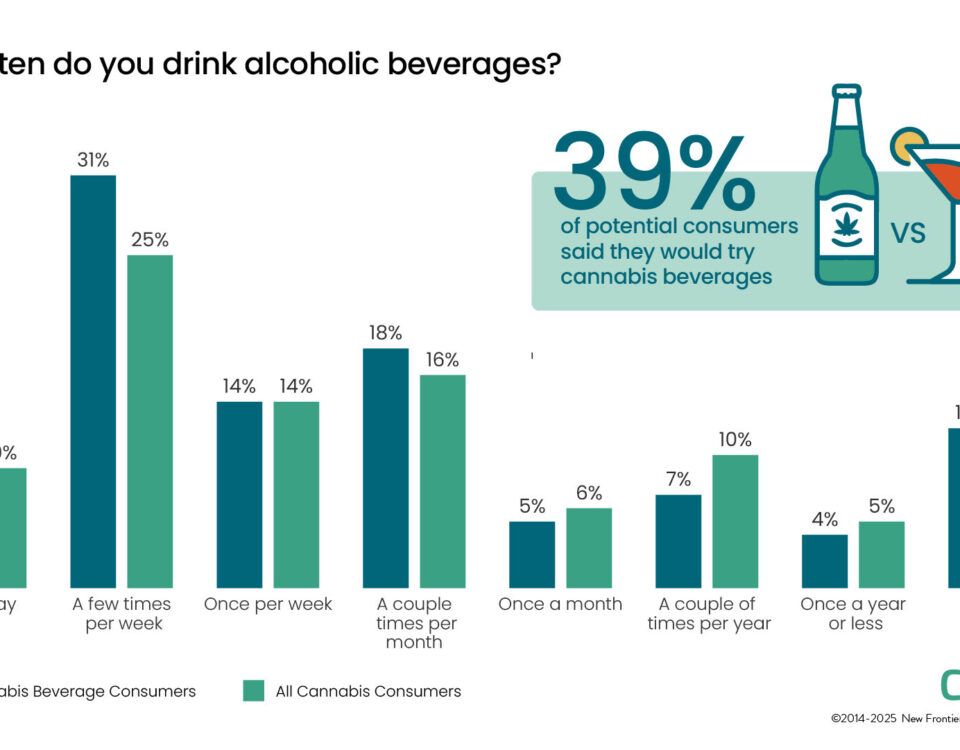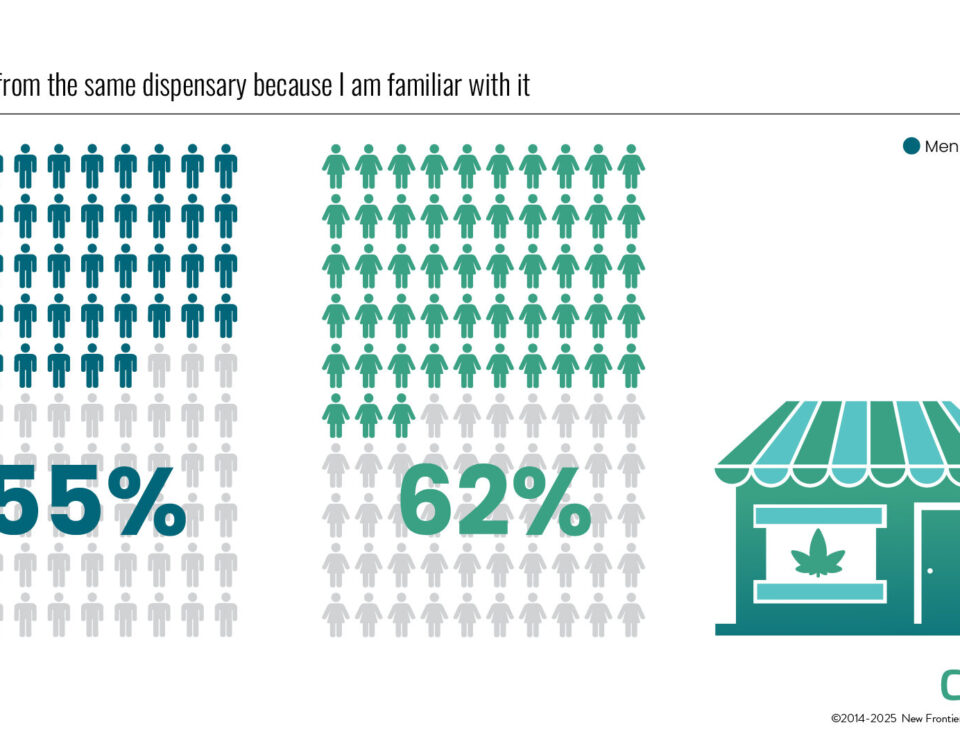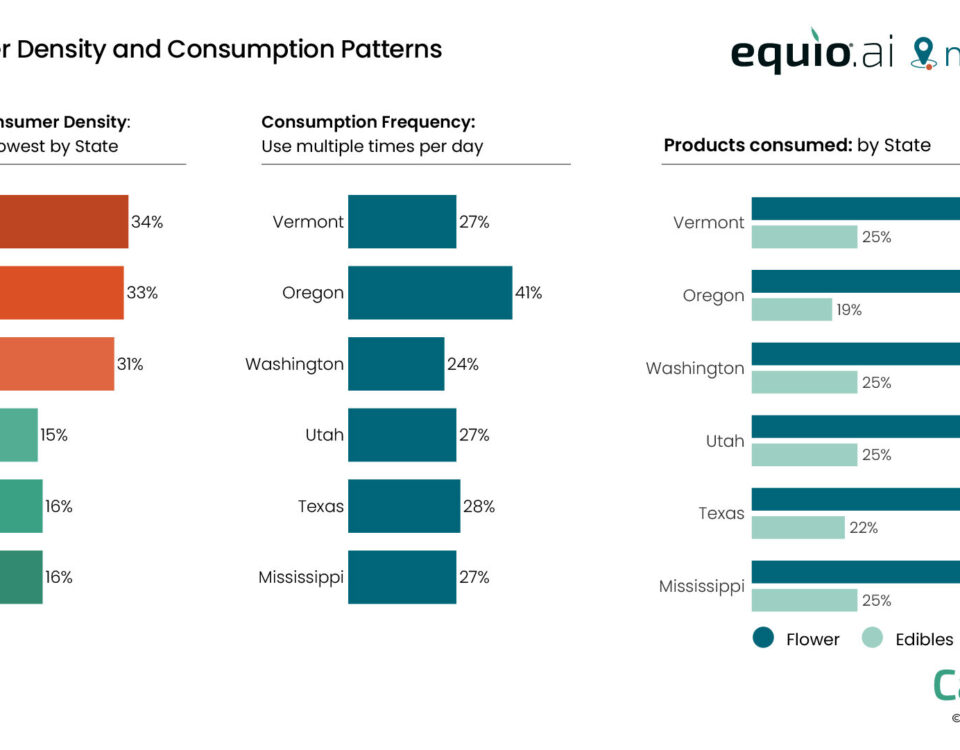Could Cannabis Sales Tax Revenue Help Save Small Towns?

Possible Medicare Savings in States with Medical Marijuana
August 7, 2016
Hemp’s Potential to Revitalize West Virginia Economy
August 7, 2016By New Frontier Analysts
For the few Colorado small towns partaking in the cannabis industry, local residents are witnessing firsthand how cannabis revenue has helped fund an array of public projects and improved community lives. As of now, there are 62 cities and 22 counties in Colorado that permit retail cannabis, with Denver having one of the state’s most extensive recreational and medical cannabis market. Last year alone, that city took in $29 million from sales through taxation and licensing fees. According to Henny Lasley, the project director for Smart Colorado that advocates marijuana education towards the youth, about 70 percent of communities in Colorado have chosen to opt out of the retail cannabis industry. Many of these towns struggle to produce basic revenue that would fix potholes and keep streetlights on.
Pueblo West, which isn’t a town nor a city but a special district, received nearly $200,000 from Pueblo County and plans to use that money to fix roads and fill potholes. In Adams County, more than $500,000 in college scholarships have been given to low-income students. Wheat Ridge and Northglenn are also allocating cannabis tax revenue towards improving water purchases and city infrastructure. The city of Aurora is expected to see $8.1 million in sales by the end of this year since the opening of its first cannabis store back in October 2014. In smaller towns such as Mountain View, where there are currently two cannabis shops that sell both medical and recreational, local residents are seeing the revenue improve streets, alleys, and other public means. Mayor Jeff Kiddie, who at first opposed retail cannabis, now claims “Medical and retail marijuana have definitely helped the town’s bottom line.”
Towns and communities that implement cannabis retail stores could garner more revenue and be allocated towards improving public infrastructures or community projects. For towns that are currently choosing to opt out of the cannabis market, these revenue results could alter local residents and leaders current opposition towards the industry. Cannabis revenue could increase their capabilities to build better public facilities, help address homelessness issues, provide educational scholarships, implement cannabis education programs, and further expand on community projects. It can be expected that more towns and communities, despite opposition, will begin to reconsider their stance on the retail cannabis industry.
New Frontier Analysts
Our data scientists drill deep with rigorous analytics to provide insight into key trends and market opportunities. We track the state of cannabis and its regulation in all major legal markets.




